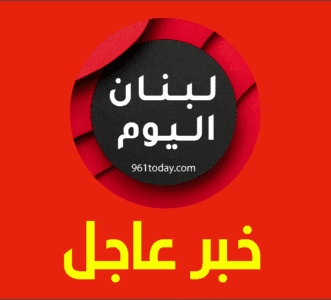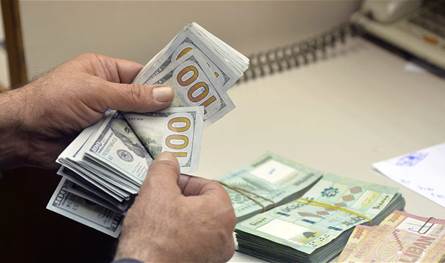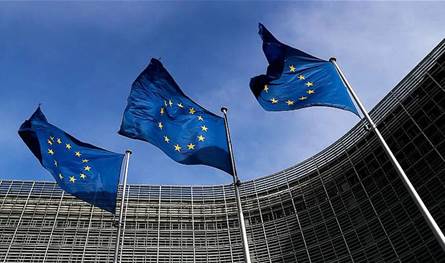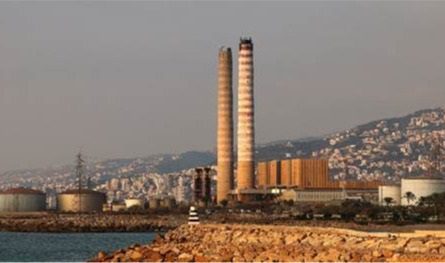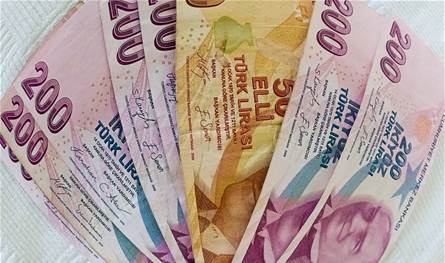Lebanon writes a new chapter without mines and cluster bombs
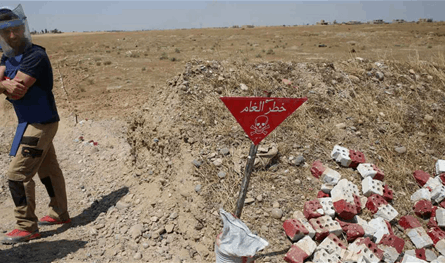
In a scene that re -draws the safety map in the south and the Bekaa, the Lebanese territories are witnessing the removal of mine, with international and local efforts to restore life to areas deprived of safety for long decades. These operations are not limited to removing the danger, but also carrying human and developmental dimensions that restore confidence to local societies.
The United Nations Interim Force in Lebanon (UNIFIL) last week resumed the work of removing humanitarian mines in the south, at an official request from the Lebanese government, about two years after its suspension as a result of the security escalation through the blue line.
Specialized teams from Cambodia and China are working in minefields near the towns of Blida in the eastern sector and Maroun Al -Ras in the western sector, on an area of about 18 thousand square meters. This step comes within the framework of the memorandum of understanding signed with the army last March to enhance field cooperation and expand the state’s authority in the border areas.
UNIFIL has raised its field capabilities to 24 divisions specialized in survey, disinfection and disposal of explosives, compared to only nine teams in the fall of 2023, allowing the expansion of work to include clearing roads and detecting unexploded ammunition and dealing with them.
In parallel, the MAG Consultative Group (MAG) has completed a huge project to remove mine and cluster ammunition with the support of the German Federal Foreign Ministry, amounting to 2.2 million euros.
This project, which spanned 2023 to February 2025, included the areas of southern Lebanon, the western Bekaa and Mount Lebanon, and managed to achieve qualitative results:
– Cleansing 286,846 square meters of land contaminated with mine and cluster bombs, which is equivalent to 40 football fields, and delivery of 10 dangerous areas to local communities for agricultural and residential use.
– Providing direct support to 13 villages that were suffering daily from the threat of unexploded bombs, which improved safety and reaching lands and basic services.
– Expanding awareness of the dangers of explosives through more than 230 awareness sessions attended by about 3,000 people, most of them children, in addition to six national digital campaigns amounting to 4.44 million people in all of Lebanon.
Supporting about 9,000 people directly through purification, awareness and community participation, under difficult economic conditions.
These numbers not only reflect the area of the land that has become safe, but the size of the transformation in the life of the population. “After clearing the area, my sheep returned to grazing safely,” says Salim Hazara, a resident of the western Bekaa, stressing that the removal of mines returned to him the source of his daily income.
The human and security dimension of the process
Mine removal processes are of exceptional importance in light of the ongoing tensions in the south and the escalation of human risks. It is no longer just removing the remains of war, but rather a long -term investment in food security, local development and support for the resilience of the population.
Field experts note that the success of these operations enhances the capabilities of local communities, reduces internal displacement, and restores confidence to infrastructure, agriculture and housing projects.
These simultaneous efforts confirm that Lebanon has entered a new stage in its approach to the mine file, based on partnership between international institutions, the army and humanitarian organizations. The goal is not only to clean the land, but to build sustainable local capabilities that guarantee the safety of generations.
With the completion of these projects, areas that were forbidden decades are transformed into safe spaces for agriculture, education and housing, which opens the door for the return of investment and development in the border and mountainous areas that have long suffered marginalization and danger.
The post Lebanon writes a new chapter without mines and cluster bombs appeared first on 961 tobay Lebanon today.


